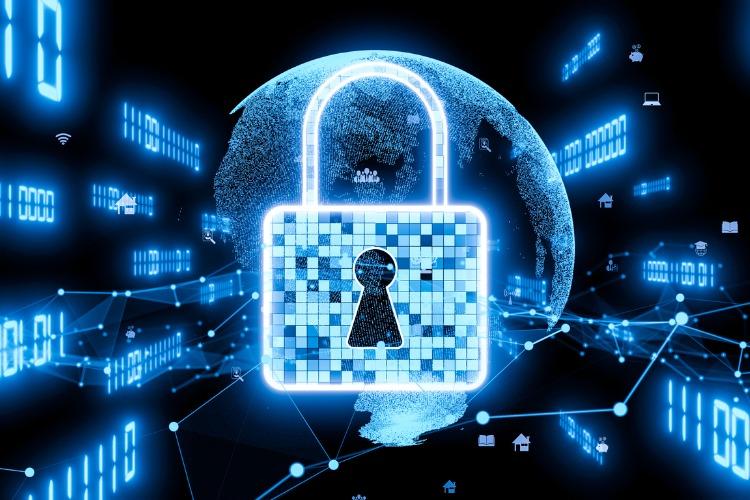Creating a Fake IP Address: A Simple Guide for Better Privacy
Practically everyone in today's modern world has access to the internet. However, various types of digital spying and intrusion have become commonplace. Understandably, many people are looking for ways to conceal their IP addresses. Since hackers are breaking into personal and company networks, it is paramount now more than ever to safeguard your privacy.
But don't worry, here you will learn how to boost your online security and hide your digital footprint, and it isn't as tough as you might think. You don't need to be a computer guru or install expensive applications on all your devices. You simply need to know how to create a fake IP address that conceals your real one.
Get more information: thinkflowinteractive.com
What Is an IP address?
A special string of numbers, called IP or Internet Protocol address, is assigned to every gadget that connects to the internet. A device on the web has this unique number to make the transmission of data between different devices possible. And, sure, every activity is frequently tracked. That's why you may suddenly see ads popping up on sites you visit after searching for a product online.
Although, getting personalized ads is not that terrible, and it can even improve your browsing experience. But beyond that, there are several reasons you may want to know how to hide your IP address.
Reasons to Use a Fake IP Address
There are various motives an individual or a company might want to hide their IP address. Here are a few common ones:
- To maintain your physical address private
- To bypass geographic restrictions
- To stop annoying companies from tracking your online activities
- To prevent your ISP from tracking you
- To keep your searches private
Individuals and businesses have similar reasons for hiding an IP address. Both may have privacy concerns, marketing matters, trade secrets, or proprietary information they want to protect.
What Is a Fake IP Address?
A fake IP address is shown to websites, services, or other internet users, and it is different from the one given by an internet service provider (ISP). One of these will not reveal your real virtual location to any party at the other end of the line. Regardless of the name, the address is not "fake" at all — it's a real IP address that belongs to a VPN server, web proxy, or other IP-changing tools.
Anyway, remember that it's not possible to establish a connection without a valid IP address on both ends. However, a fake IP address gives deceptive information about you, making it difficult for anyone to track your online activities.
How to Create a Fake IP Address
A proxy server or a virtual private network (VPN) is ideal for creating a fake IP address.However, when stacked side by side, proxy servers are clearly the superior choice compared to VPNs.
Creating a fake IP address involves concealing a valid IP address behind another. It's important to remember that, thanks to them, you can "change" your location online, but you can't create the address out of thin air.
What Is a Proxy Server?
Imagine internet traffic moving along a major road or highway. For example, let's say you searched on a search engine. That is your starting point. When you click any of the links, your data travels along a route until it gets to the final destination. This process continues until your browsing activity for that session is completed.
When you use a proxy server, it is like driving along those internet roads in a secure, private car with tinted windows. The car, which is the proxy server, has a different IP address from your current device that is connected to the internet. This way, servers, search engines, and other companies see only the IP address of the proxy server and not your own.
What Is a VPN?
A virtual private network is somewhat similar to a proxy server. If you connect your devices to a VPN while going online, your device will look as if it is on the same network that the VPN is operating on. The VPN effectively makes your IP address private and hidden by transmitting your data to the websites you want to visit via a safe connection. If you access your private accounts while using public Wi-Fi, it poses a huge security risk, but when you use a VPN, it protects you from hackers.
VPNs also keep your IP address secure from other entities that track internet activities. Because your IP address is hidden and your data is encrypted, your online actions will go undetected.
Final Thoughts
In a world where many people work from home, cyber-attacks are on the rise, but some people are "oblivious" to the best security practices. Taking basic precautions by using a fake IP address can help keep you safe. Remember — creating a fake IP address involves concealing your valid IP address behind another to hide your digital footprint from prying eyes.

